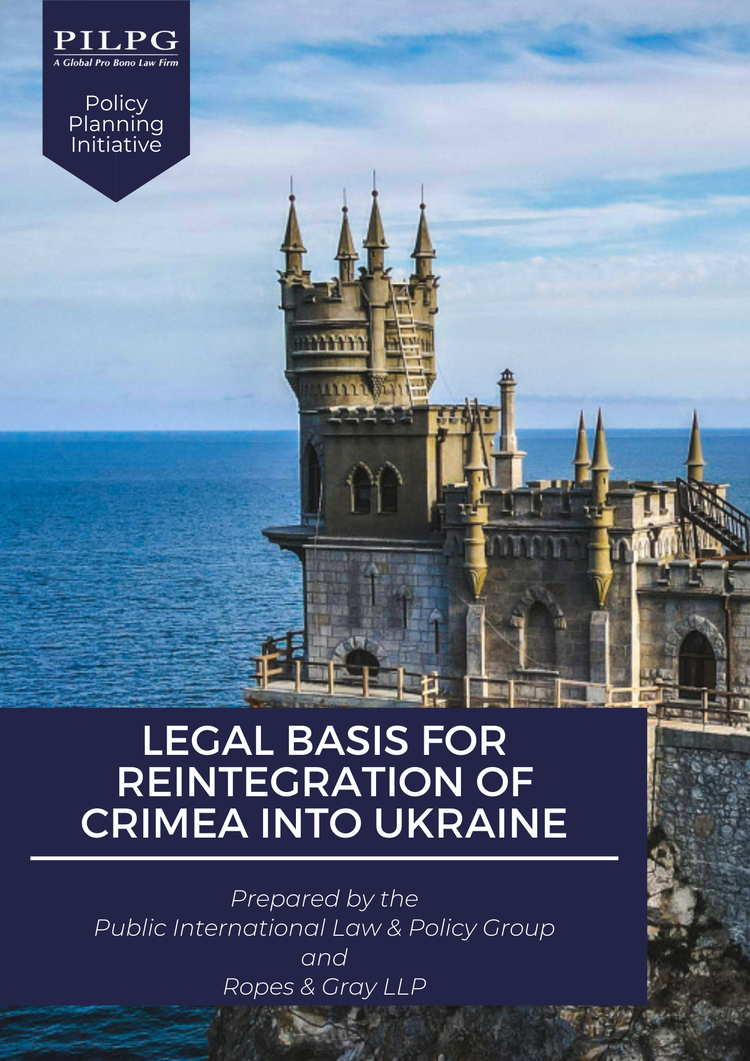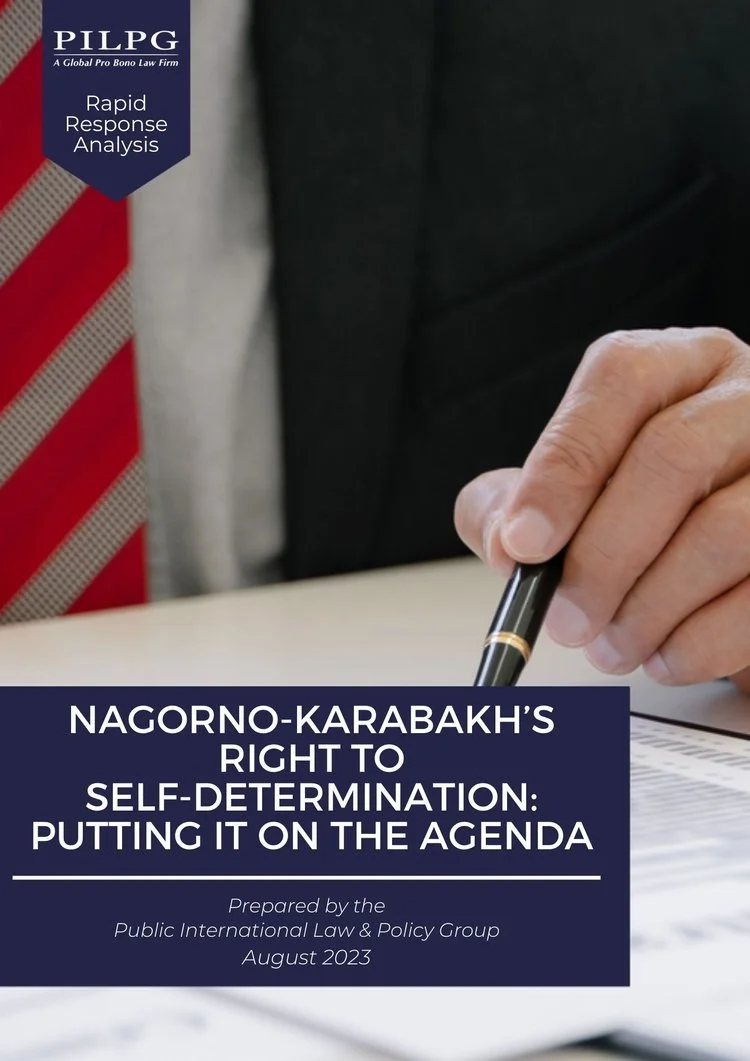Territorial Disputes and
Self-Determination
In addition to its engagement in peace processes, PILPG has 30 years of experience training civilians, civil society, and other parties on the substance and skills needed to most effectively represent their delegation’s interests in an international peace negotiation. This page offers resources on approaching self-determination and/or territorial disputes during a peace process. Scroll through this page for: Background Reading, Educational Material, Expert Insights & Interactive Tools
Background Reading
This section offers background reading including a chapter from Dr. Paul R. Williams’ Lawyering Peace book, and PILPG rapid response analysis papers and other PILPG legal and policy papers. The self-determination chapter of the Lawyering Peace book explores the topic of external self-determination as it relates to territorial integrity and as a means for pursuing durable peace. The PILPG Rapid Response Analyses provide an overview of legal dimensions of territorial disputes in Ukraine, South America, and Nagorno Karabakh. The longer policy planning papers address the issues related to the Ukrainian territories occupied by the Russian Federation as of 2024, and the question of southern secession in Yemen. While these papers are context specific, they provide lessons learned applicable to territorial disputes in other contexts.
Educational Materials
This section includes a link to a mini lesson on the topic of self-determination. The lesson is available in Arabic, Amharic, English, and Ukrainian.
Expert Insights
The following Expert Roundtables from PILPG’s Thought Leadership Initiative address legal issues associated with territorial disputes between Ukraine and Russia and China and Taiwan. While these conversations are situated around specific contexts, the lessons learned can be applied to addressing self-determination and territorial disputes in other contexts around the world.
Interactive Tools and Resources
The following negotiation simulation on self-determination in Cameroon, offers opportunities to put the knowledge acquired from this page on self-determination to the test. While the simulation is on the Cameroon/South Cameroon context, conducting such an exercise will help delegates in developing the skills necessary to successfully negotiate self-determination beyond the context of the simulation.








